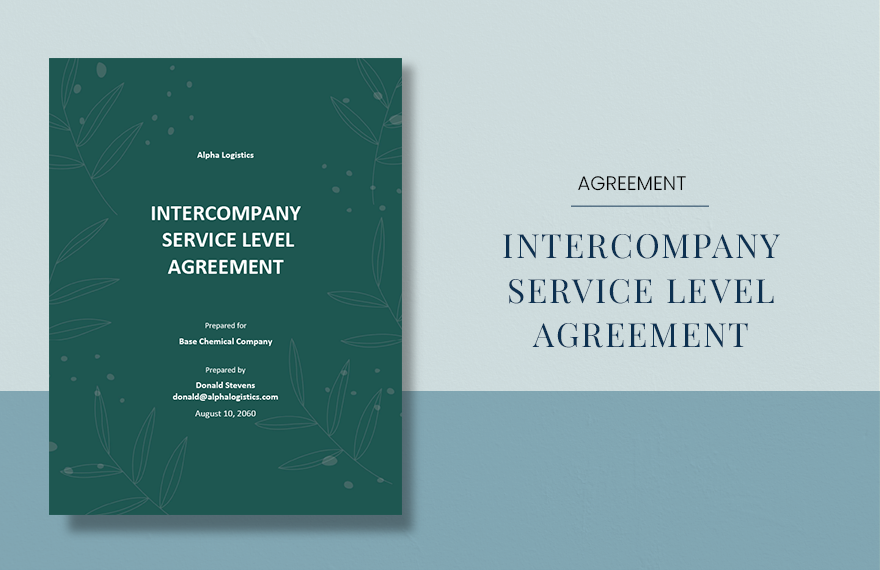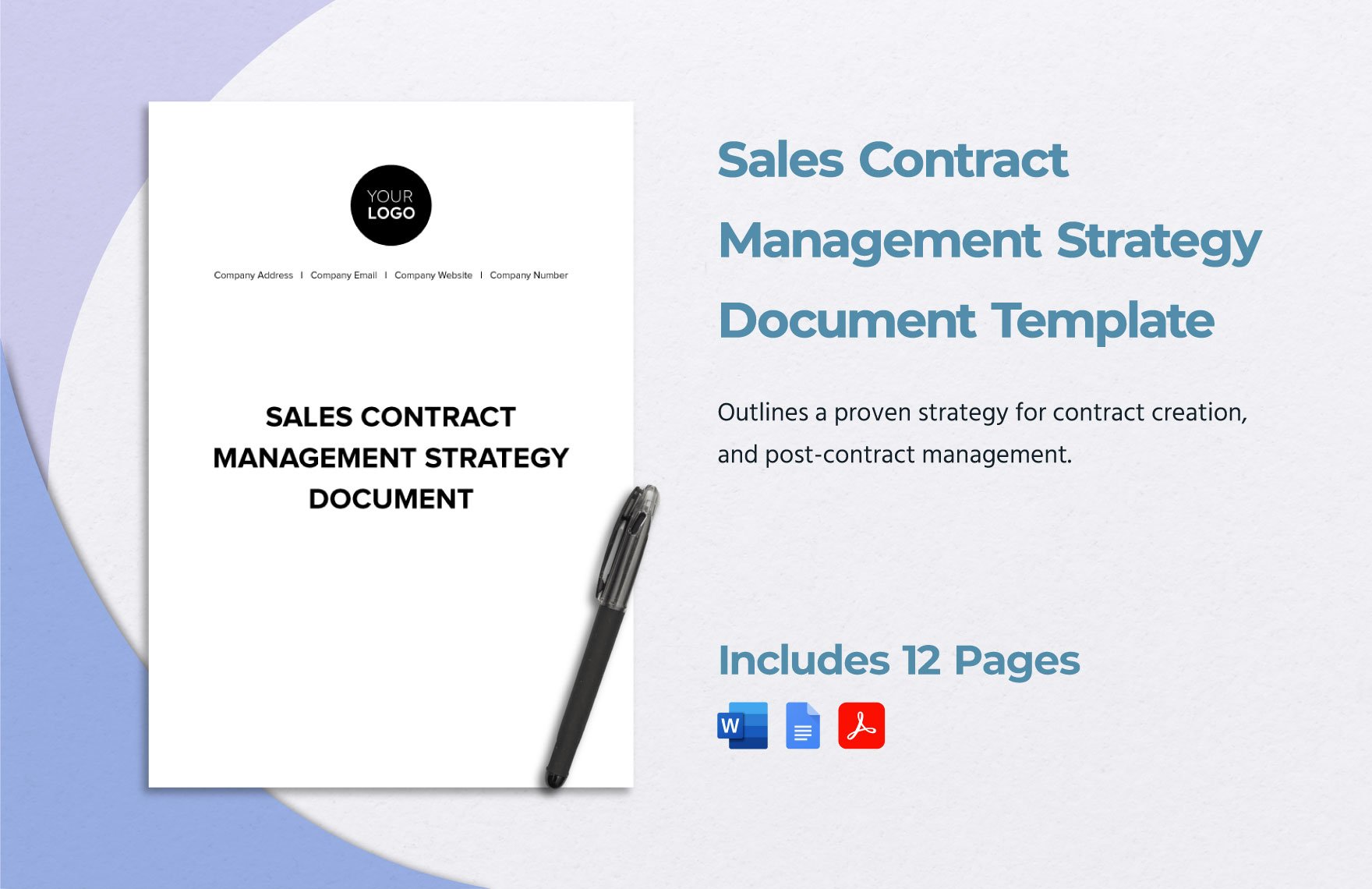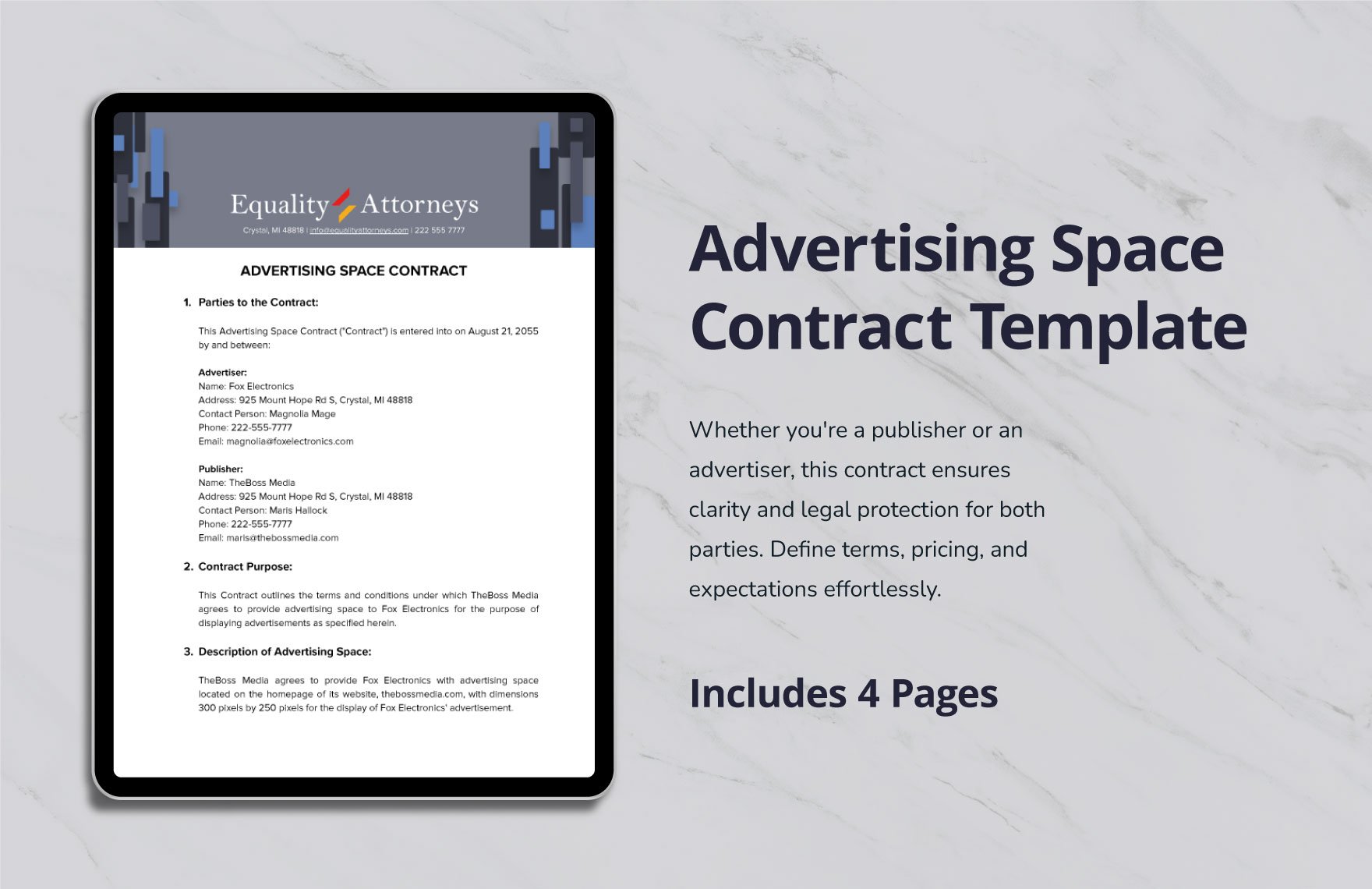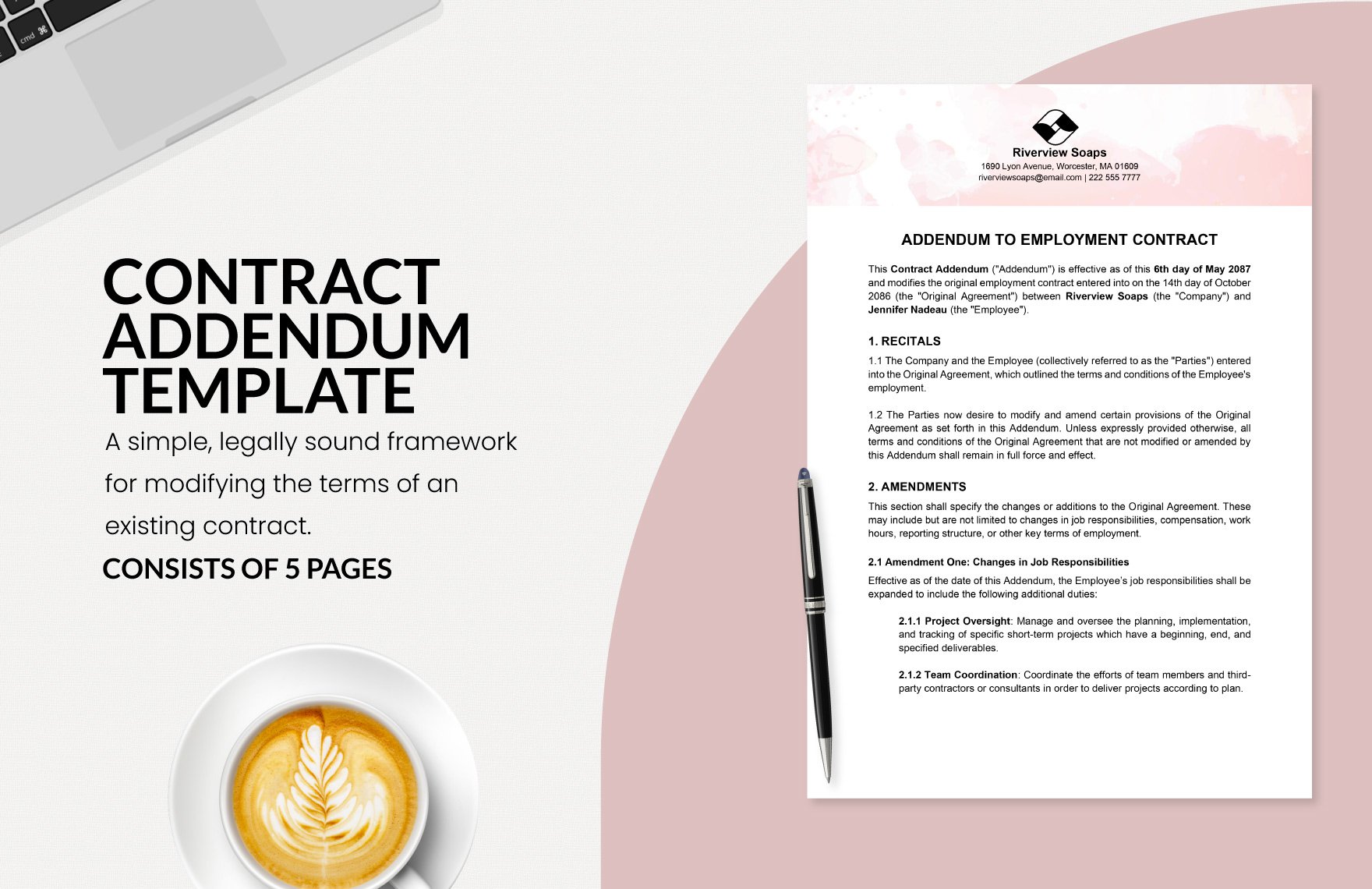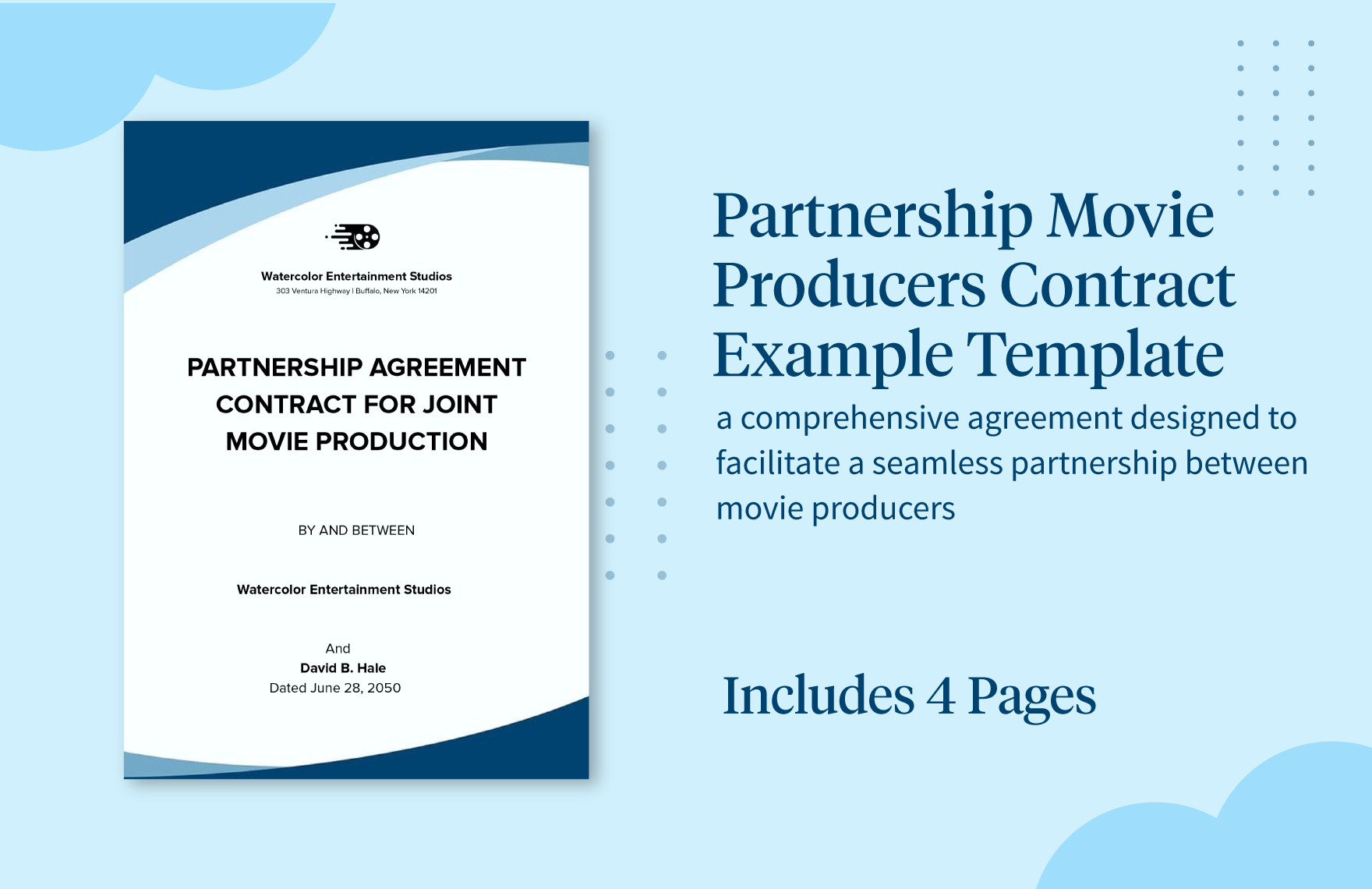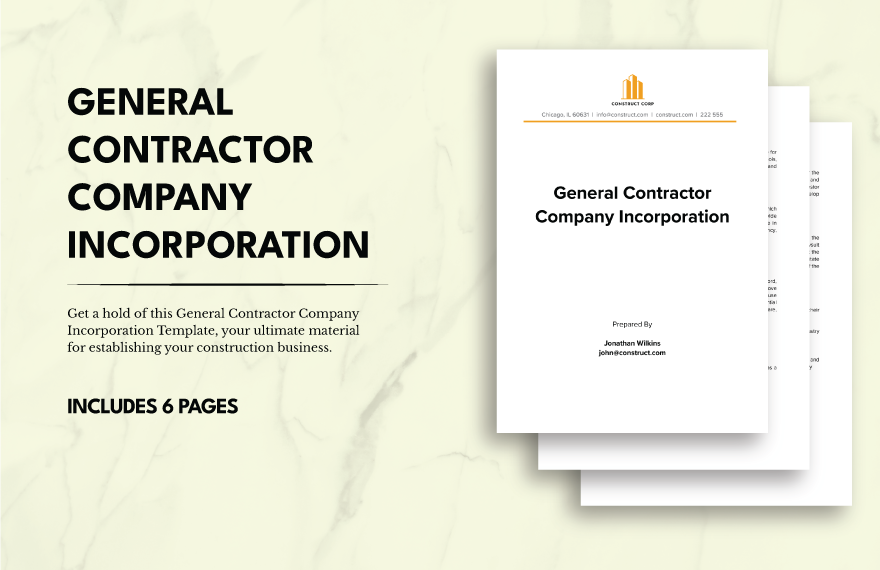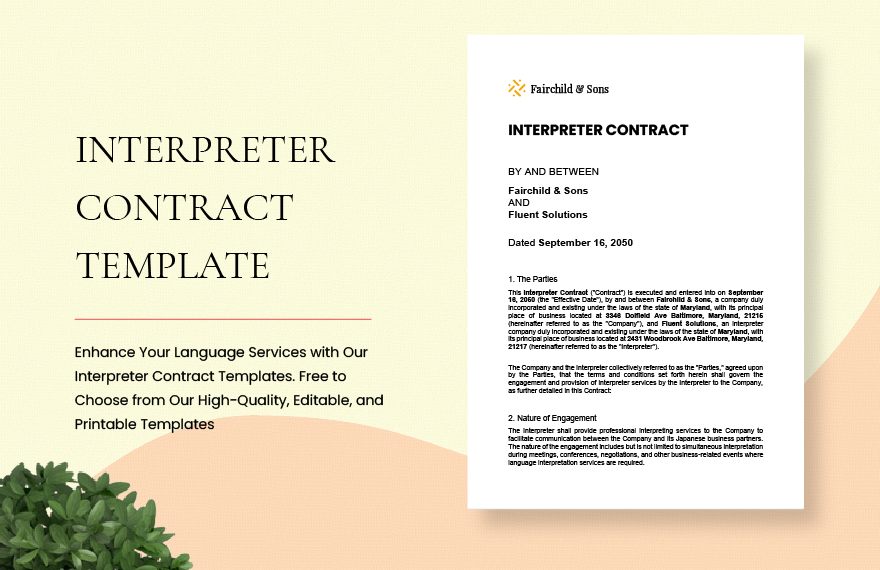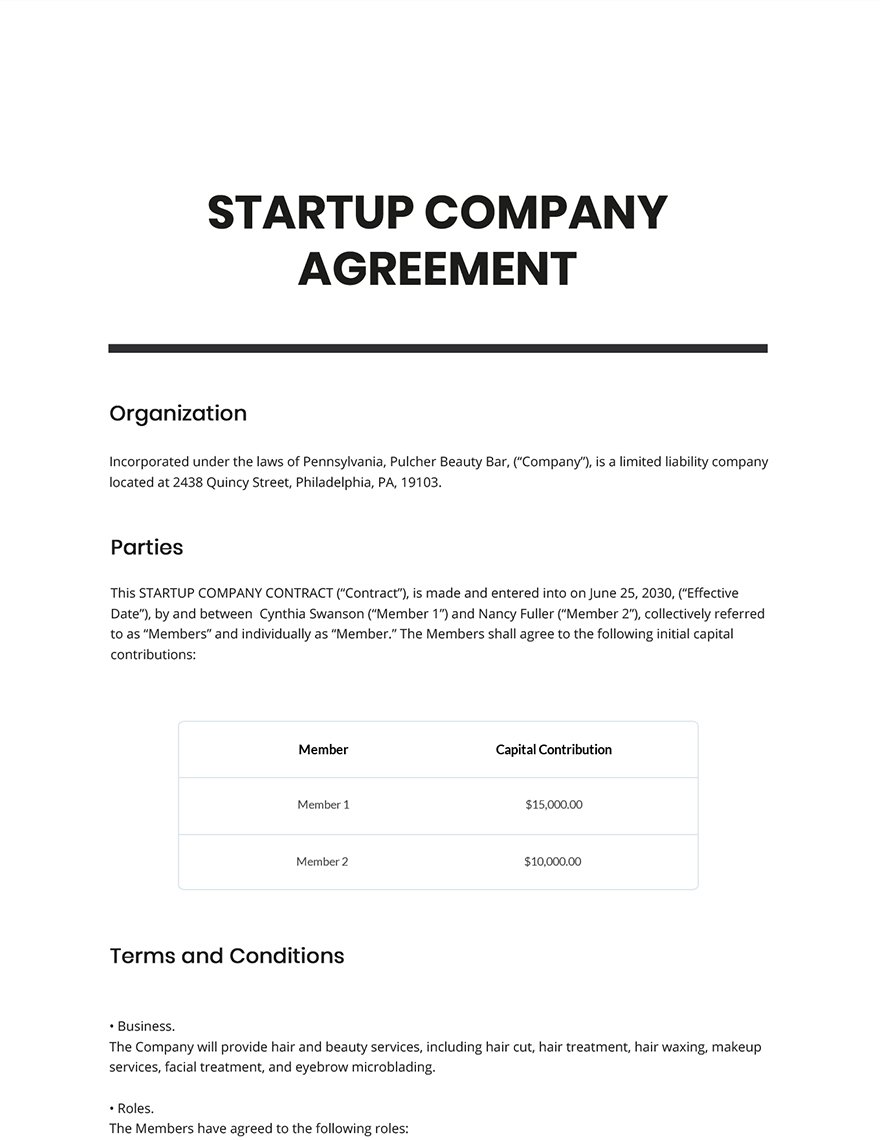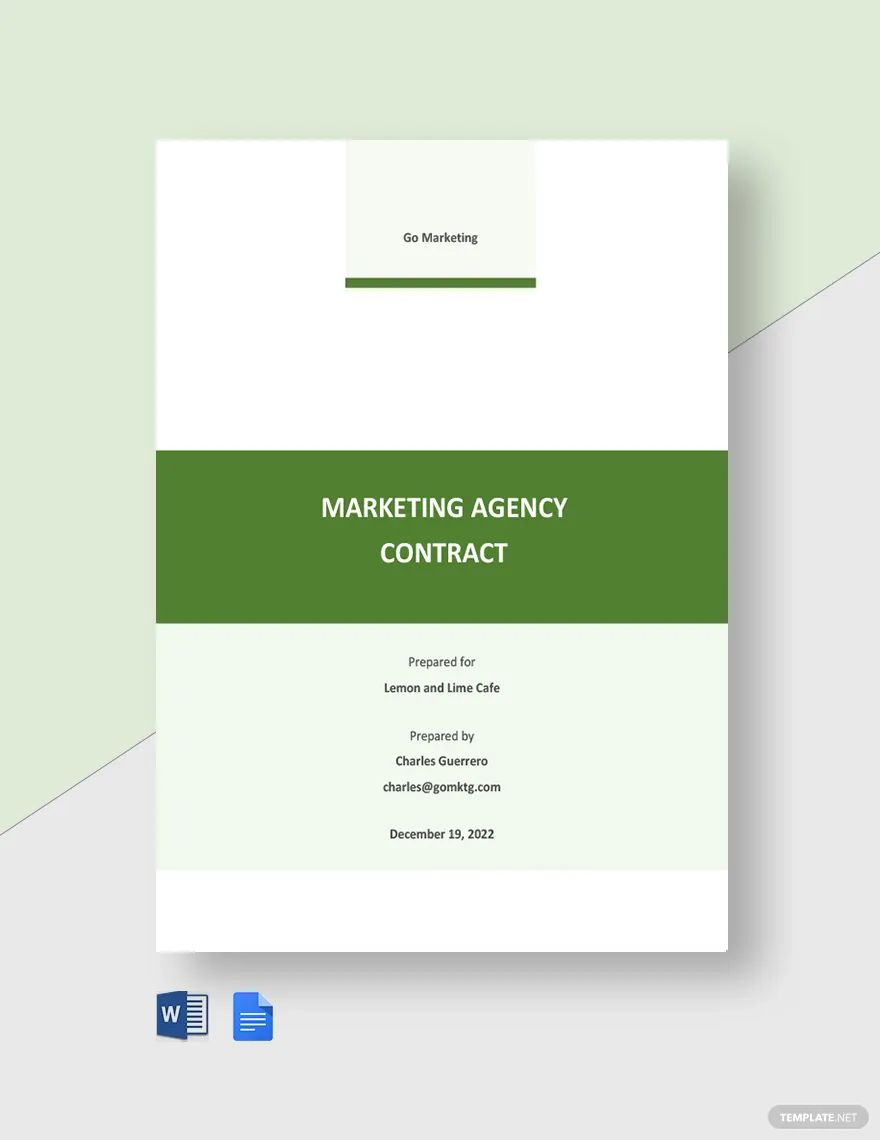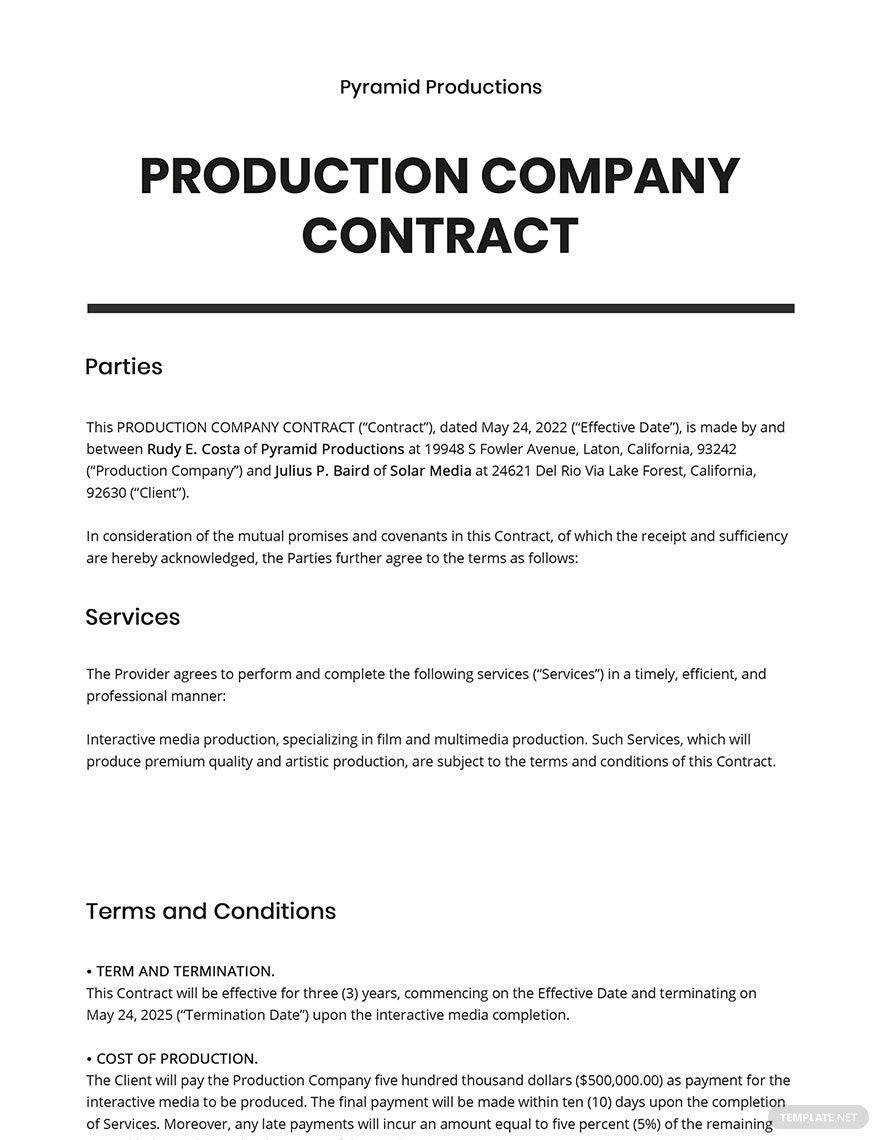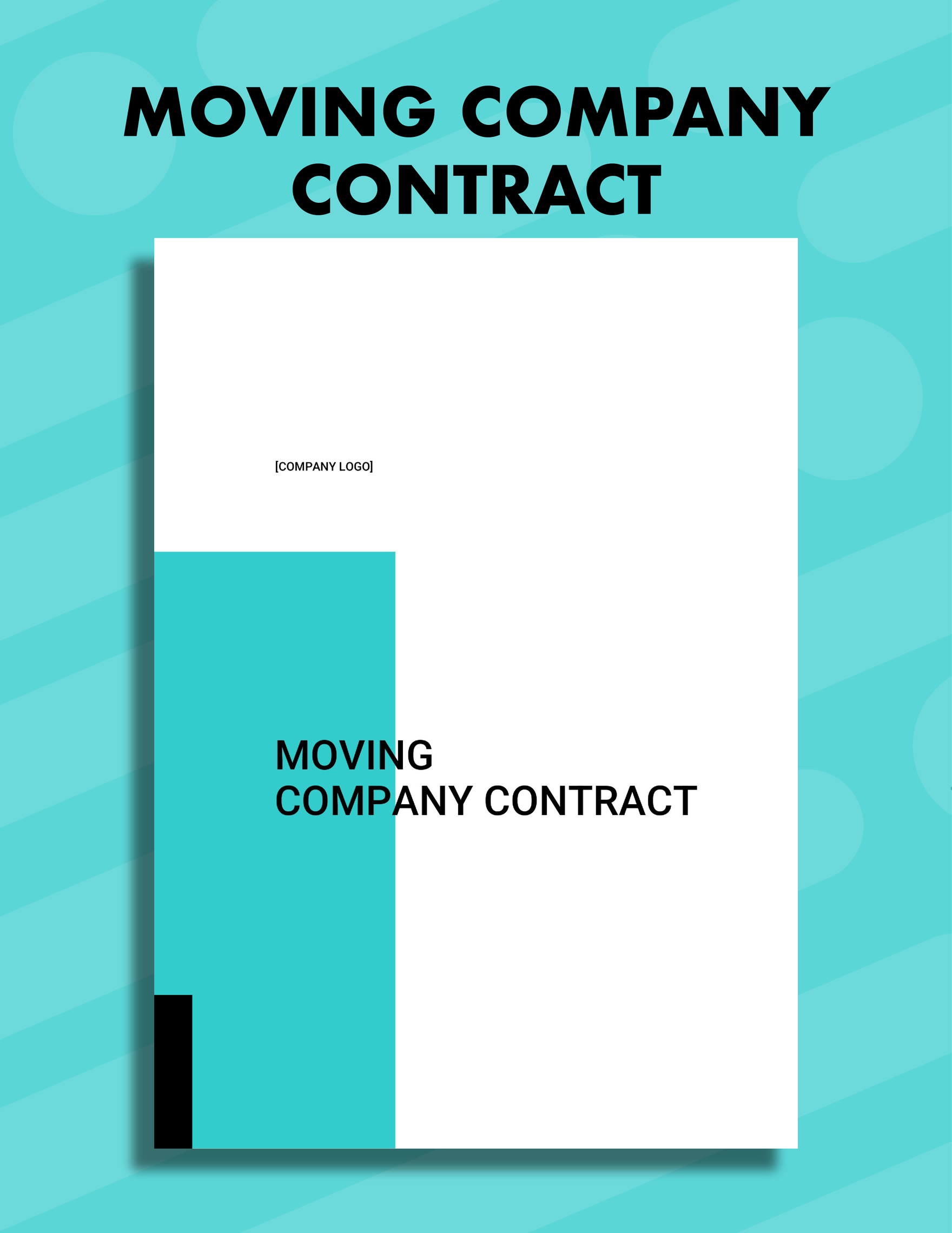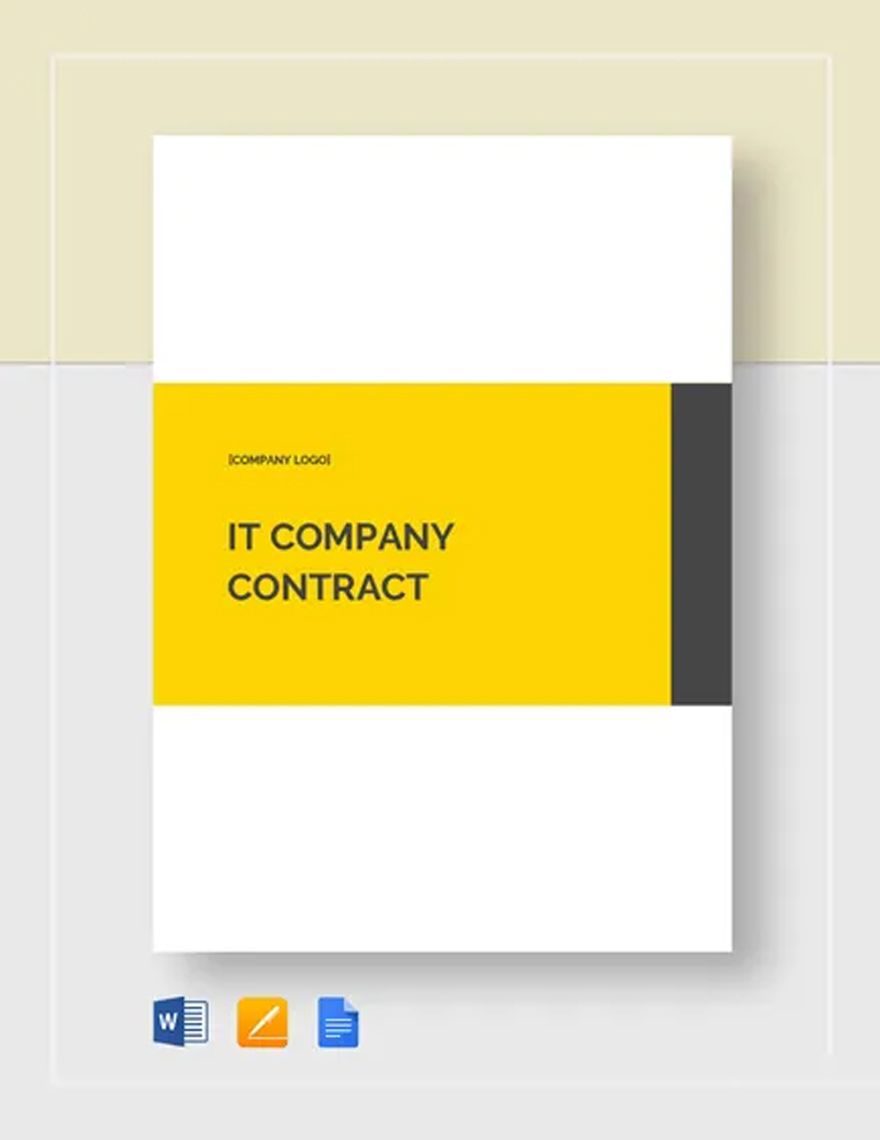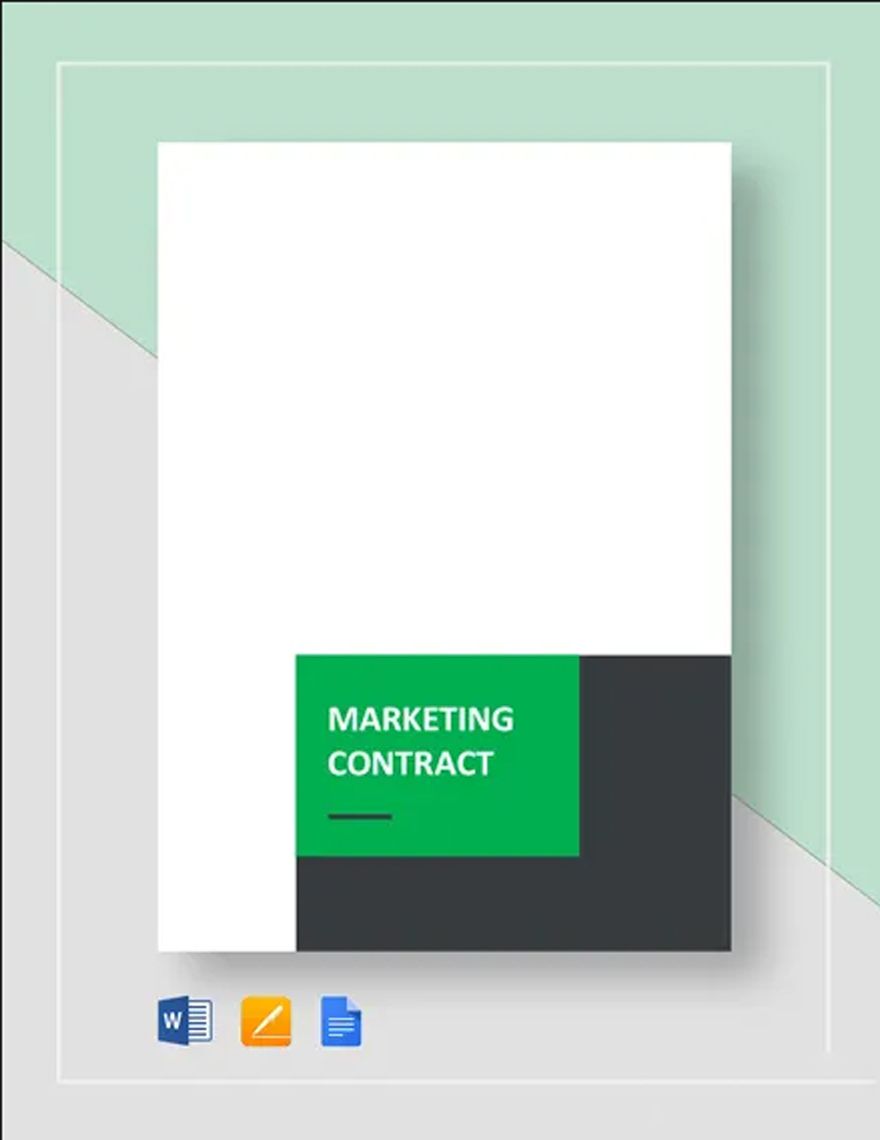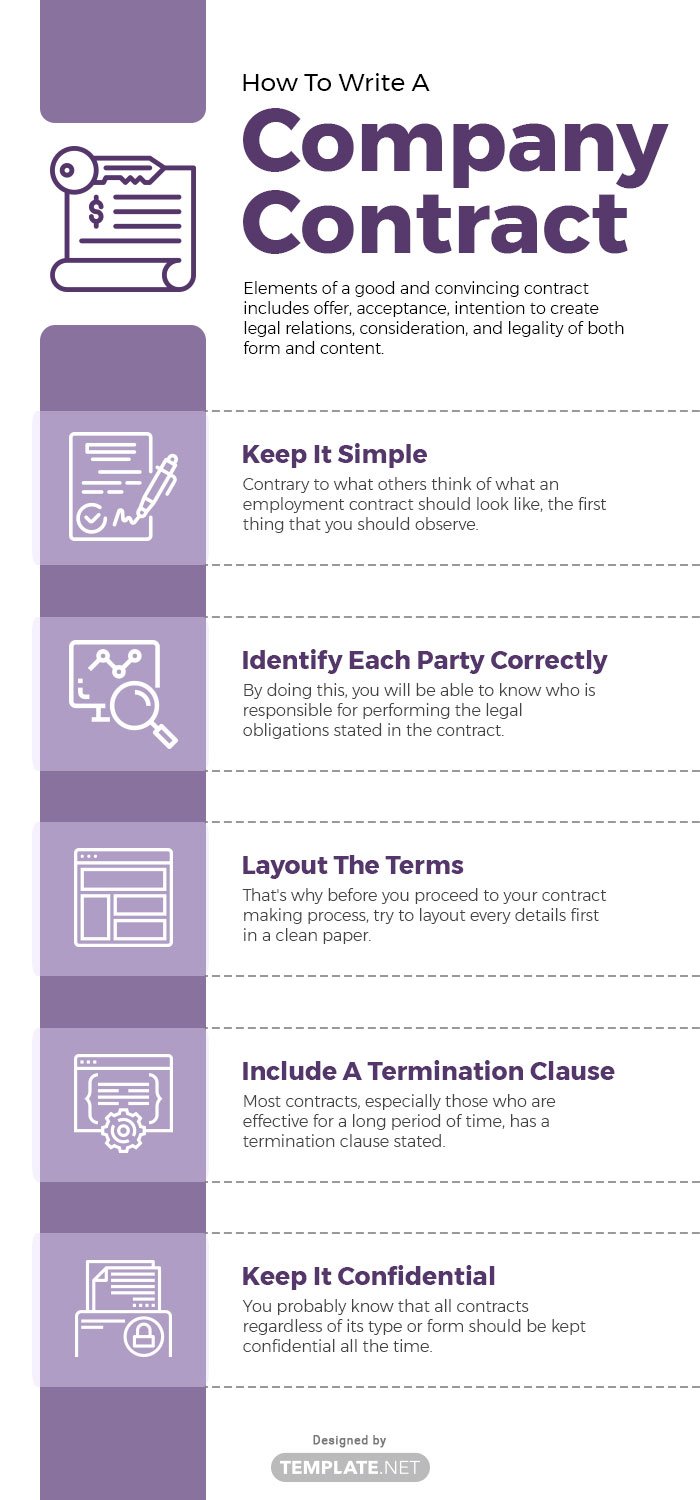Elements of a good and convincing contract include an offer, acceptance, intention to create legal relations, consideration, and legality of both form and content. Company contracts are considered as legal documents, that's why you should construct and present them in a formal and logical manner.
In the event that a certain term or provision in the contract has been violated, the law will now interfere and awards the injured party all the legal remedies it needs such as damages and cancellation. In general, contracts have a wide variety of usage. It is often given by companies to their employees in a form of employment contract, and sometimes it also states ownership depending on how it is used. Highlight and outline all the necessary information stated in the contract, this will help it achieve a credible and professional-looking format. Study and analyze this simple guide on how you can start making one.
1. Keep It Simple
Contrary to what others think of what an employment contract should look like, the first thing that you should observe in doing it is to keep it simple. You don't need to fill it up with information that shouldn't be there in the first place. Remember that you need to construct it formally. The best way to do that is to create short but clear sentences presented in paragraphs with proper headings.
2. Identify Each Party Correctly
A sample contract won't be made legal if there is no name of parties involved. In gathering their names, make sure that they are all legal and correctly spelled. By doing this, you will be able to know who is responsible for performing the legal obligations and who you have a legal right against if things go wrong.
3. Layout The Terms
The most critical information stated in the contract is its terms and provisions. That's why before you proceed to your contract making process, try to lay out every detail first in a clean paper. You need to specify clearly the exact terms of the agreement. If you are constructing this contract for buyout, transfer, coaching, loan agreement, or partnership agreement purposes, the specific services should be specified properly.
4. Include a Termination Clause
Most contracts, especially those who are effective for a long period of time, has a termination clause stated. This termination clause has been approved by both parties and will take effect if there is a breach of contract that is going to happen while the contract is still effective. This clause lets all parties know how they can legally escape the contract without being held accountable.
5. Keep It Confidential
You probably know that all contracts regardless of their type or form should be kept confidential all the time. If not, then confidentiality important that you know it now. Include in your agreement a mutual promise that both parties will strictly keep all the business information with confidentiality.

